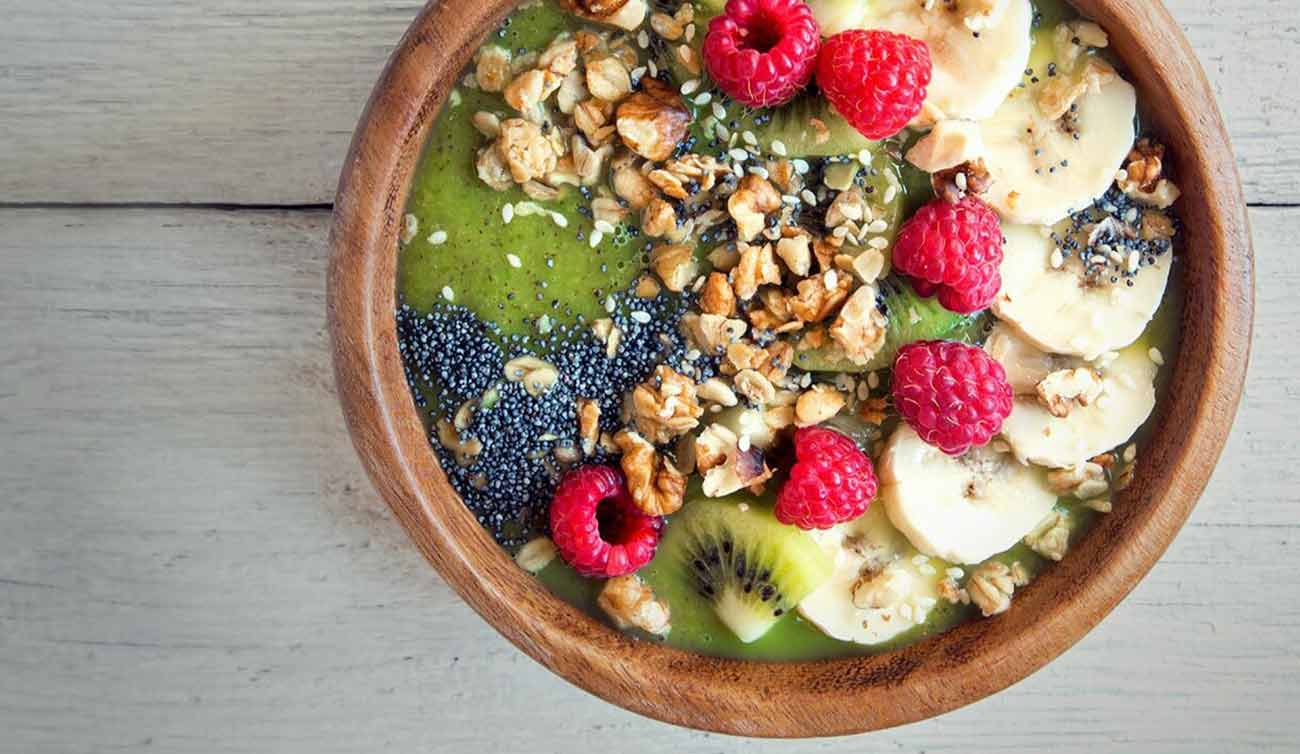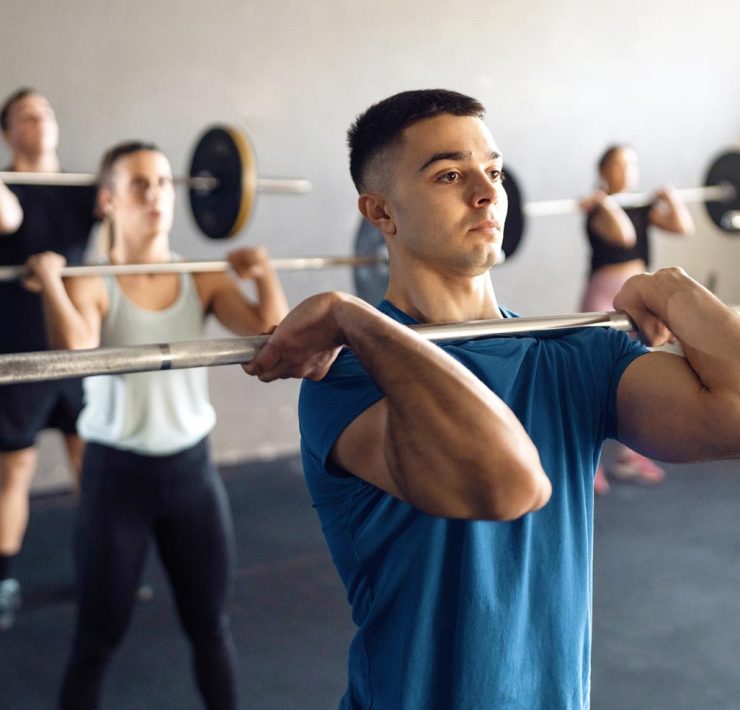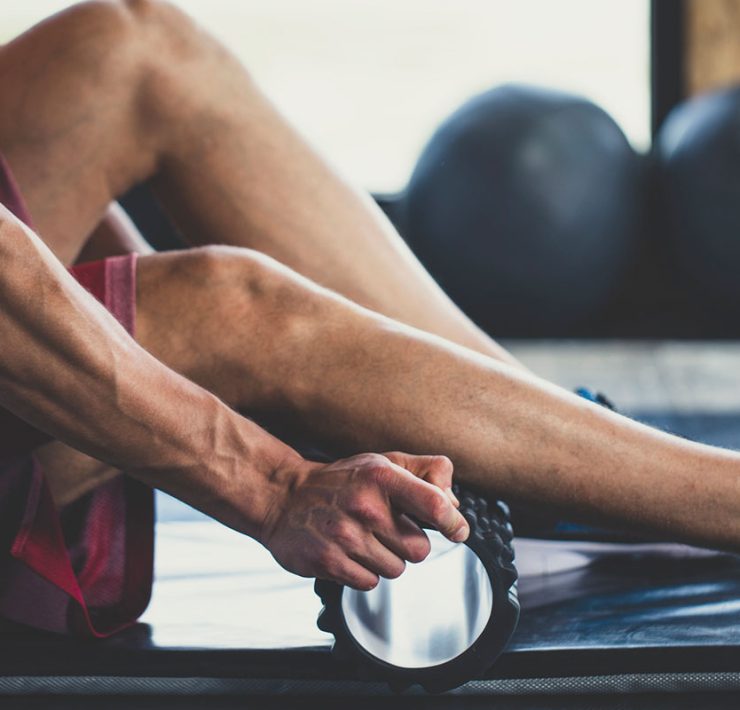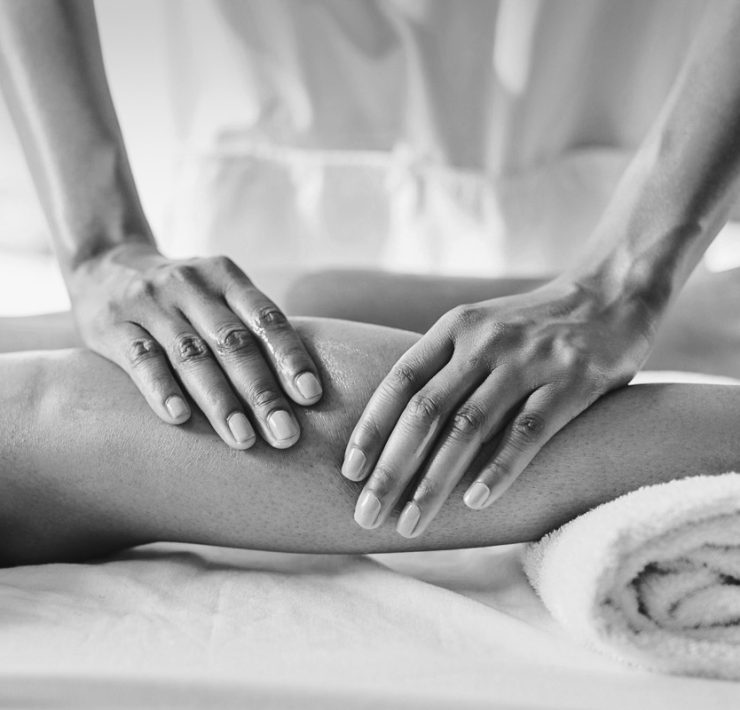It’s officially spring—a time when many of us frantically up the ante on our workout regimens as summer’s skin-bearing traditions get closer. But leaning into your workout routine can be agonizing when accompanied by heightened levels of post-workout pain.
That soreness is a normal response to tiny micro-tears in the muscle tissue that happen during exercise. It fades once the body has cleared the inflammation and repaired the muscle tissue, but if you’ve been less active than usual—or you’re overdoing exercise in an effort to shed a few pandemic pounds—this pain will only get worse. Left unmanaged, muscle soreness can seriously impair your training or weight loss goals.
So, can you prevent or reduce this soreness? Yes, with the help of a strategic diet (and maybe a massage or two)! Let’s see which nutrients can help you recover faster, train smarter, and live healthier…
6 Science-Backed Nutrients for Optimal Musculoskeletal Health and Recovery
1. Omega-3 Fatty Acids
Omega-3s are highly anti-inflammatory, making them a necessary post-workout recovery nutrient. By calming painful inflammation, muscle tissue repair can proceed more efficiently, making the muscles stronger, faster. As a bonus, studies show that omega-3s also help build new muscle, improve endurance, and burn fat.
What to Eat: Chia seed recovery smoothie. Not only are chia seeds high in inflammation-reducing omega-3s, but they’re also rich in essential amino acids for muscle growth.
2. B Vitamins
B-complex vitamins give us the energy to repair, heal, and keep on moving. Studies show that B vitamins help to metabolize the protein we need to make new muscle cells, as well as repair those micro-tears that cause soreness.
Certain B vitamins offer different benefits. For instance, B12 is essential for producing healthy blood cells to oxygenate your muscles, whereas B6 improves performance and endurance. For the best results, choose a complete B-complex to reap the comprehensive benefits of all the B vitamins.
What to Eat: A banana. Bananas are the perfect post-workout snack. They reduce inflammation, aid in muscle recovery and growth, and pack in those essential B vitamins (plus they’re a healthy way to attend to a sweet tooth).
3. Vitamin A
While vitamin A is best known for supporting eye health, one of its lesser-known benefits is improved muscle recovery. Studies show that vitamin A reduces inflammation and protects muscles from damaging free radicals. Vitamin A is also needed for proper protein synthesis, a necessary function of muscle repair and new muscle growth.
What to Eat: Butternut squash or another yellow, orange, or red vegetable. Include a few vibrantly colored veggies in your meals on days that you work out to boost your muscle recovery with vitamin A.
4. Zinc
If you want to speed up your muscle recovery after an intense workout, consider zinc. Zinc is a trace mineral, meaning we only need small amounts of it to stay healthy, and yet few people get an adequate amount of zinc on a daily basis. Without enough zinc, the body struggles to heal wounds and injuries—including those pesky, workout-induced muscle tears.
What to Eat: Trail mix with pumpkin seeds. Most nuts and seeds contain some amount of zinc, but pumpkin seeds are one of the best sources.
5. CoQ10
CoQ10 is an antioxidant compound stored in your cells’ mitochondria. Its benefits range from anti-aging effects to improved cardiovascular health to cancer prevention. For our purposes, we’ll focus on CoQ10’s ability to improve your exercise performance and reduce muscle fatigue and pain.
Like other antioxidants, CoQ10 helps to fight inflammation and reduce the damage physical stressors inflict on the body (such as over-exercising). This nutrient has also been shown to improve your muscle power and boost your athletic performance.
What to Eat: Salmon and spinach bowl. Fatty fish like salmon and dark greens like spinach are high in CoQ10. This combo also provides plenty of vitamins, minerals, and omega-3s to stimulate muscle recovery even more effectively.
6. Vitamin C
Vitamin C isn’t just for a strong immune system. It also helps to make your muscles more resilient and protects them from free radicals. Along with improving muscle function, vitamin C also strengthens your bones through collagen production. This makes the entire musculoskeletal system more stable, flexible, and resilient to injuries.
What to Eat: Kiwis. Thankfully, it’s easy to get vitamin C through a healthy dose of fruits and vegetables. For a substantial vitamin C hit before your workout (as well as a natural energy boost), enjoy a quick kiwi snack.
Say Goodbye (or , at Least, See Ya Later) to Sore Muscles
Whether you’re hoping to lose a few pounds before summer or you simply want to be more active, the benefits of regular exercise can’t be overstated. But as with all things in life, any workout regimen requires balance. Make time for rest, load up on these essential nutrients, and remember to listen to your body.
And if that muscle soreness lingers, book a massage with one of Zeel’s expert sports massage therapists. A sports massage helps relieve muscle pain faster so you can get back to action.







